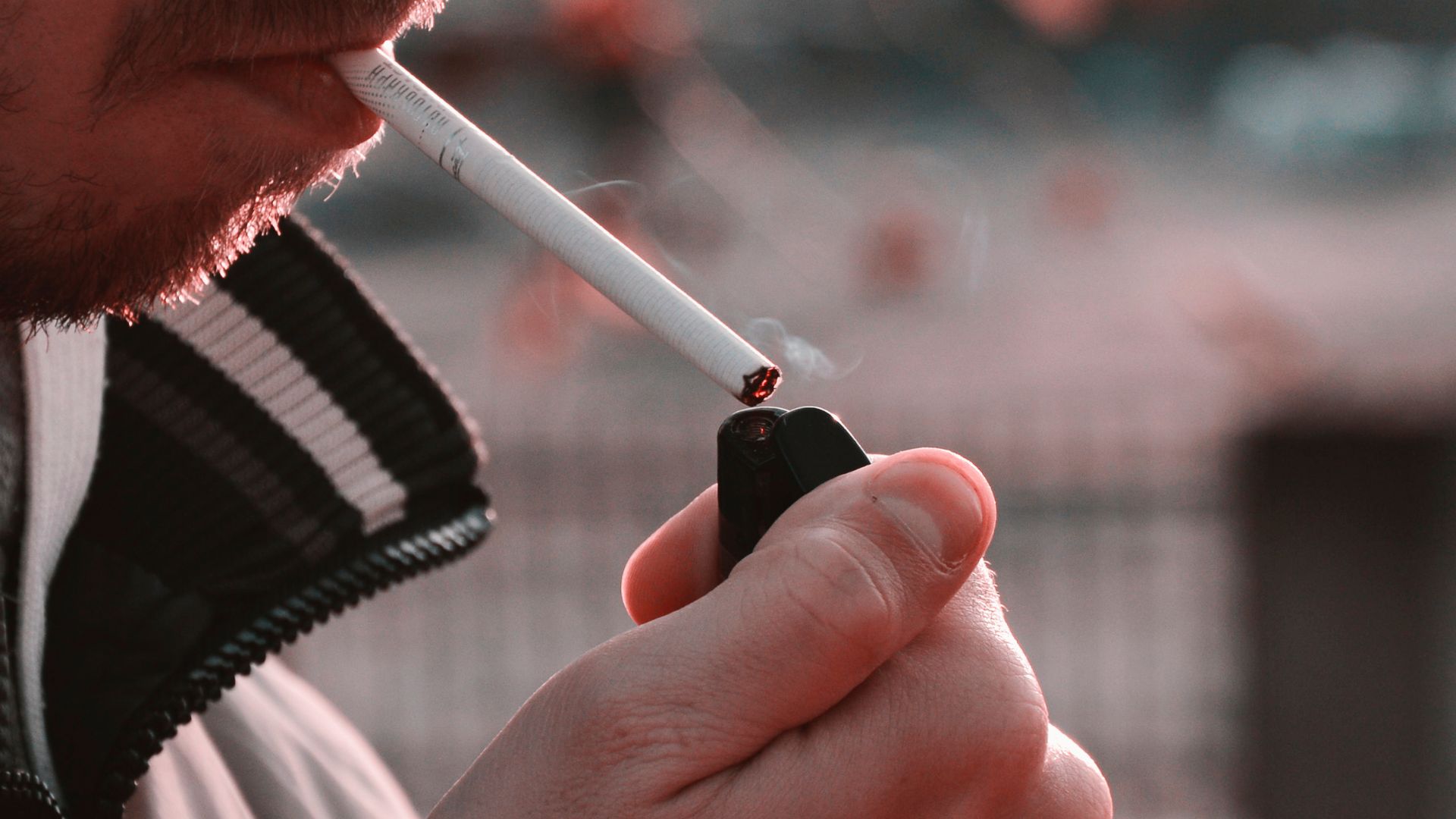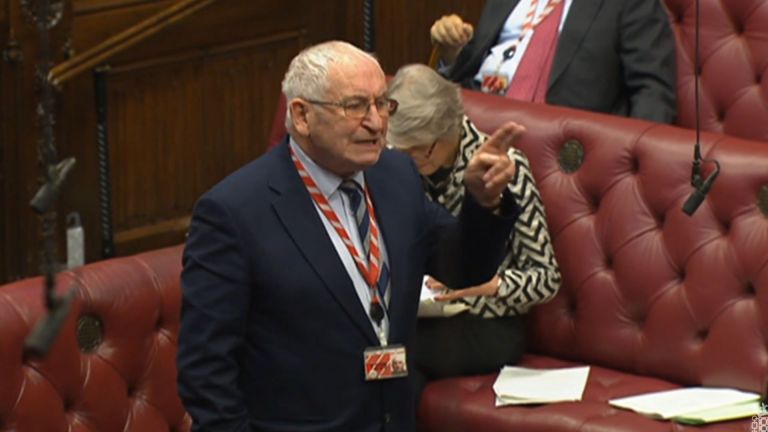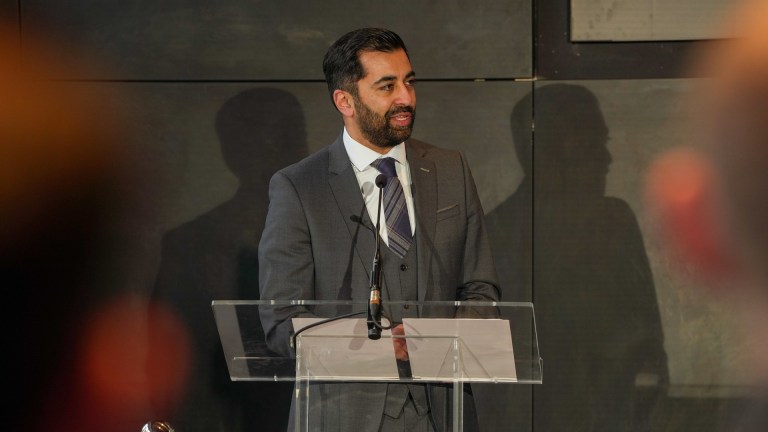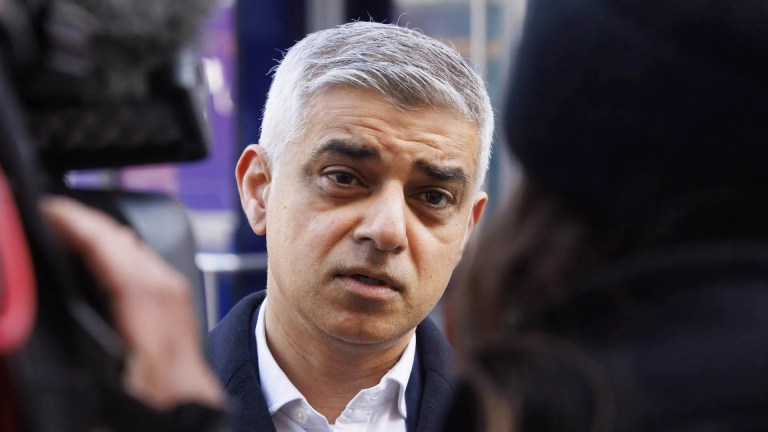The law will apply to the sale of cigarettes in the UK, not the act of smoking itself. This means someone who is 30 years old in 2040 won’t be able to legally buy tobacco, but it won’t be illegal for them to smoke a cigarette.
Shops selling tobacco to underage people will be issued with £100 on-the-spot fines.
The government has already announced plans to ban disposable vapes in England by April 2025, and plans to extend the rules across the UK. There will also be a new tax on vaping from October 2026.
What are the health arguments for the new smoking ban?
Tobacco causes around 80,000 deaths per year across the UK. The government estimates that the smoking ban will prevent more than 470,000 cases of heart disease, stroke, lung cancer and other disease by the end of the century.
Dr Ian Walker, executive director of policy at Cancer Research UK, said that the policy is the “boldest prevention measure in years.”
“This legislation positions the UK as a world leader in tackling smoking,” he said. “Nothing would have a bigger impact on reducing the number of preventable deaths in the UK than ending smoking.”
Deborah Arnott, the chief executive of Action on Smoking and Health, praised the legislation for “beginning the process of consigning smoking to the ‘ash heap’ of history.”
On Tuesday, health secretary Victoria Atkins said the plans will “spare thousands of young people from addiction and early death as well as saving billions of pounds for our NHS”.
Taxes on cigarettes raise around £10bn per year – but smoking costs the UK about £17bn a year, including £10bn through lost productivity alone.
Does the new smoking ban threaten freedom?
The policy seems broadly popular with the public. Polling by Savanta published on Tuesday suggested that 64% of Conservative voters were in favour of the plan. But the bill’s detractors have characterised it as an unacceptable assault on personal liberty.
Nearly 60 Conservative MPs voted against the ban in parliament – and a further 100 Tories abstained.
Business secretary Kemi Badenoch expressed “significant concerns” that the legislation would give “people born a day apart… permanently different rights”. Liz Truss told the Commons that the rules are “emblematic of a technocratic establishment in this country that wants to limit people’s freedom”.
Boris Johnson recently described the proposal as “absolutely nuts”.
“We’re banning cigars. What is the point of banning – the party of Winston Churchill wants to ban cigars… Donnez moi un break (give me a break), as they say in Quebec,” he told a conservative conference in Canada.
The Tory division is a blow to Rishi Sunak’s authority – one gleefully seized upon by his Labour opponents.
“This is absolutely an un-Conservative bill, it is a Labour bill, and we are delighted to see the government bring it forward,” quipped Labour’s shadow health minister Wes Streeting.
But opposition to the rules is not confined to parliament. Writing for UnHerd, artist David Hockney described those who support a ban as “humourless bossy boots”.
“I’ve [smoked] for 68 years, so are you telling me I’m doing something wrong? Fuck off,” he opined.
So, who’s right? It depends on how you weigh up questions of personal freedom versus public health.
It’s undeniable that smoking is terrible for you. Yet so is eating too much junk food, and drinking, and gambling, say smokers’ lobby group Forest. In a 2019 report, they argued that “smokers are the canaries for civil liberties”.
But experts have questioned this “slippery slope argument”. When plain-packaging laws came into force in 2015, Marion Nestle, an American Nutritionist questioned similar warnings.
“Let me state from the outset that foods cannot be subject to the same level of regulatory intervention as cigarettes. The public health objective for tobacco is to end its use,” she wrote. “Health advocates should recognise the slippery slope argument for the typical tobacco ploy that it is.”
The Tobacco Play Book say tobacco is “unique,” adding: “It is the only product which, when used precisely as intended, kills half of its consumers.”
Nonetheless, a ban on smoking will undeniably limit the choices of a growing portion of the population.
Health secretary Atkins has tried to reframe this, telling the Commons that there is “no liberty in addiction”. “Nicotine robs people of their freedom to choose,” she said.
However, moral philosopher Dr Alberto Giubilini, a senior research fellow at the Oxford Uehiro Centre for Practical Ethic, has queried this particular argument
“Imbuing arguments for restrictive policies with the language of freedom risks opening the door to cheap justifications for liberty restrictions,” he wrote. “After all, would you really want to drink that beer, if you knew how bad alcohol is for you? Would you really want to eat all that sugar, if you knew how high your risk of diabetes is?”
Giullani doesn’t oppose a ban necessarily – but questions the ‘freedom’ argument.
“If restrictions like smoking bans are ethically justified, it is in spite, and not because of individual freedom,” he said.
Moral philosophy aside, detractors say the ban has several practical issues – like increasing trade in contraband cigarettes. The government has pledged to spend £30m on enforcement, which will include tackling the availability of cigarettes on the black market.









